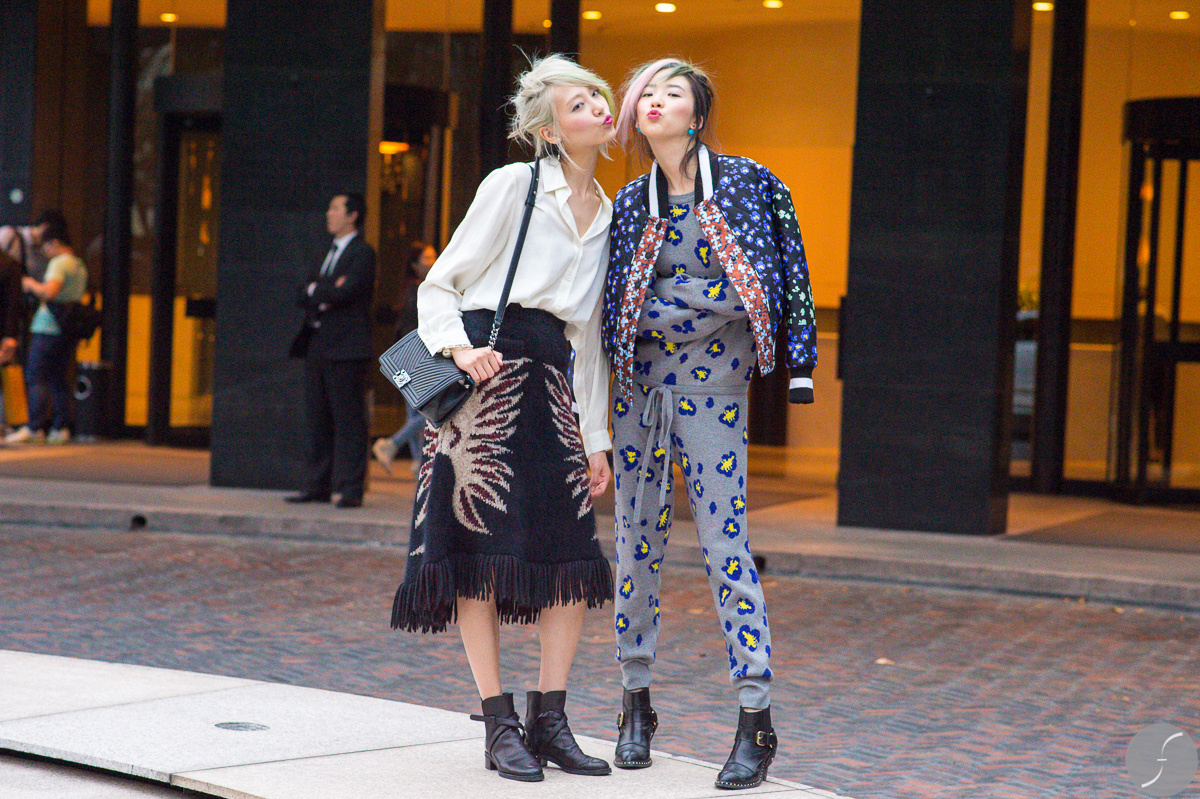by SUNG J. WOO
Last week, my wife Dawn and I were two streets away from our home in Washington, New Jersey. We were behind several cars, waiting for the light to change, so we did what we always do—looked to our left, to Russo’s Ristorante, the beige building with a faded red canvas awning. On the door was a taped-up sign: “CLOSED FOR FAMILY EMERGENCY.”
When we got home, I dialed the number, and Rick’s voice was on the answering machine.
“You’ve reached Russo’s. We’ve got a family emergency, so we’ll be closed for two weeks.”
Nothing in his voice betrayed an emergency, so I figured it was someone close to him; perhaps a sick parent, or a sibling required his presence. It wasn’ t unprecedented for Russo’ s to close. Once or twice a year, Rick would post a similar sign for a family vacation.
After a week, the sign was gone. Again I dialed the restaurant, and this time the phone never picked up. Dawn suggested I call Sal’s Pizzeria, which was next door, to see if he had any more information.
“Yeah. He had a heart attack a couple of weeks back,” Sal answered. “The restaurant is staying closed.”
When we moved to our current house 10 years ago, one of our biggest worries was whether we’d find a decent place to eat nearby. Our initial reconnaissance didn’t instill much hope. Washington is located in Warren County, one of the more rural spots in the state. One diner was so full of cigarette smoke (remember, a decade ago) that we got the hell out of there before our lungs could sue us. Another had romantic lighting and starched tablecloths, but the food didn’t pass the Panera Test. (Panera is my benchmark—if it’s not better, we might as well just eat at Panera!) Why didn’t we try Russo’s first? Maybe we didn’t think a restaurant which was a five-minute, door-to-door drive from our home could be the one, but lord, that francese breading on the grouper! Thin as gossamer, with just the perfect ratio of butter and lemon. Between that and his soft shell crabs, I knew I’d found my gastronomical soul brother.
After a few visits, the chef came out to see us, in his kitchen whites with a well-worn apron tied around his waist. His salt-and-pepper beard had more pepper then, but that smile of his has never veered: sly, mischievous peaks at the corners of his lips. From that moment on, we were on a first-name basis, and when we sat down, we always knew we’d get our own appetizer, half a loaf of semolina bread and half a serving of fresh bruschetta. Because Dawn and I tended to eat earlier than most people, Rick could break from the kitchen and chat with us. Once he mentioned he missed kimchi (one of his childhood friends was Korean), so the next time we were there, I handed him a salsa jar that contained something a little hotter.
“From my mother to you,” I said. When I’d told her earlier about Rick, she was amazed that this was going to a Caucasian. A few months later, I brought her there, so she could see for herself the white man who loved her kimchi. I have nothing but great memories about Russo’s—the only time I won my fantasy baseball league, I held my dinner there. And the day before Dawn and I got married, our two families took over the restaurant to celebrate our rehearsal. So many highlights of my life, now never again.
I said all this and more when I finally got a chance to talk to Rick, who thankfully survived the heart attack. As much as he appreciated my sentiments, he’d been struggling to make ends meet for more than a year. The stress of working 90 hours a week finally caught up to him, so he had a couple of leads that would allow him just to be a chef and not have to worry about everything else. As a child who grew up working at his parents’ gift store, I knew what he faced. When your paycheck comes from the stuff you sell, and your stuff isn’t selling, it’s simultaneously heartbreaking and terrorizing.
Later in the day, I saw him. I was driving back from the grocery store, and there was Rick, walking out of his restaurant and jumping into his car. But this time the light was green, and he was in a hurry, so I just drove on, and his car took off. For all I know, I’ll never see him again.
Dear reader, I don’t want to tell you the obvious or the clichéd—that we should appreciate what and who we have—because you and I both know that we almost never do. We’ll always miss what we love once it is taken away from us. And the longer we live, the more will be taken away.
I’m just a barrel of fun, right? Sorry. Last time I said I’d write about traveling to Europe, so let’s hope nothing else happens in the meantime.
Sung J. Woo’s short stories and essays have appeared in The New York Times, McSweeney’s and Hyphen. His debut novel, Everything Asian, won the 2010 Asian Pacific American Librarians Association Youth Literature Award. His second novel, Love Love, is forthcoming from Soft Skull Press in 2015.
This article was published in the October/November 2014 issue of KoreAm under the title “Closing Time.” Subscribe today! To purchase a single issue copy of the magazine issue, click the “Buy Now” button below. (U.S. customers only. Expect delivery in 5-7 business days).








